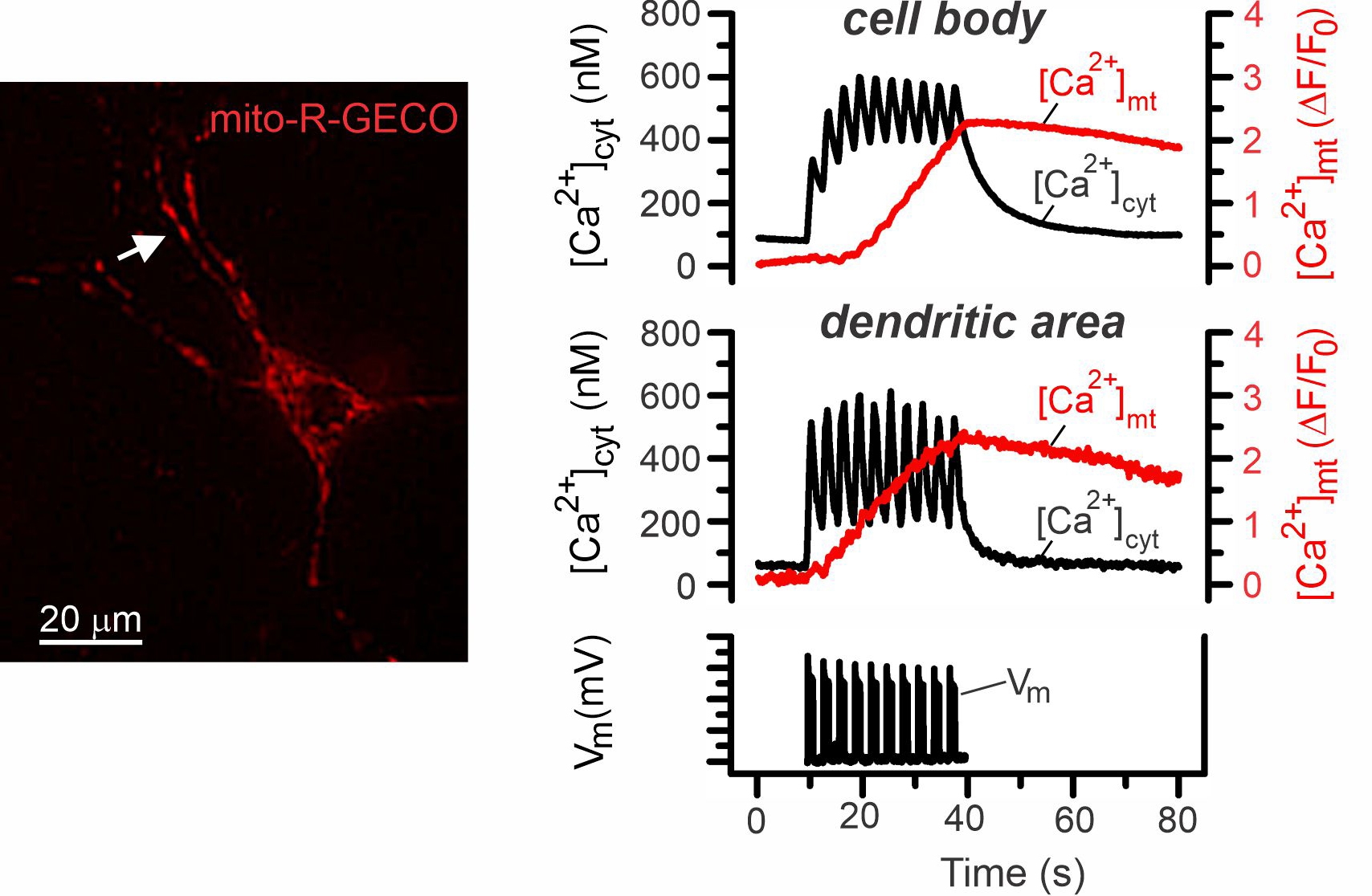You are here
Mitochondrial Dynamics and Ca2+ Transport in the Regulation of Susceptibility to Epilepsy and Stroke
Speakers
Abstract
Mitochondria play a central role in cell bioenergetics and control multiple aspects of neuronal life and death. Neurons are particularly dependent on proper mitochondrial function, because of the high energy demands as-sociated with maintenance of ionic gradients and synaptic vesicle recycling. Mitochondria are highly dynamic organelles shaped by fission and fusion, which affects mitochondrial transport, synaptic plasticity and survival. Mitochondria also play a prominent role in Ca2+ signaling and Ca2+-dependent functions in neurons including ex-citability, synaptic plasticity, ATP synthesis, and neurotoxicity. In the first part of his talk, Dr. Usachev will focus on the roles of the mitochondrial Ca2+ uniporters MCU and MCUb in shaping neuronal Ca2+ signaling, regulating synaptic transmission and controlling neural network excitability and susceptibility to seizures and epilepsy. In the second half of his presentation, Dr. Usachev will describe the role of phosphorylation-dependent regulation of mitochondrial fission and fusion (MFF) and the role of protein kinase A/AKAP1 and protein phosphatase PP2A/Bβ2 signaling complexes in regulating mitochondrial dynamics and bioenergetics as well as controlling resistance to neuronal toxicity in ischemic stroke. How the MFF machinery and mitochondrial Ca2+ transport interact and how both processes could be therapeutically targeted for treating stroke and epilepsy will be also discussed.


